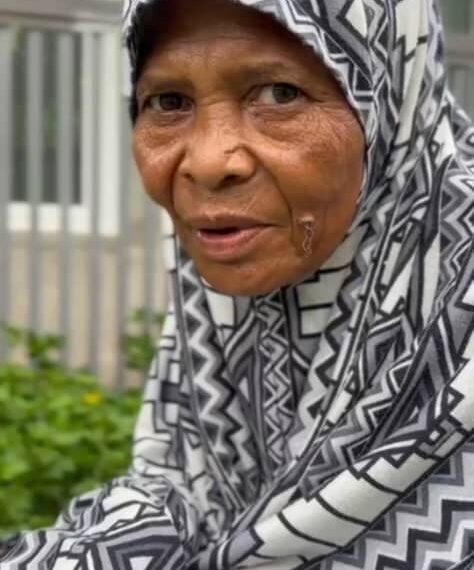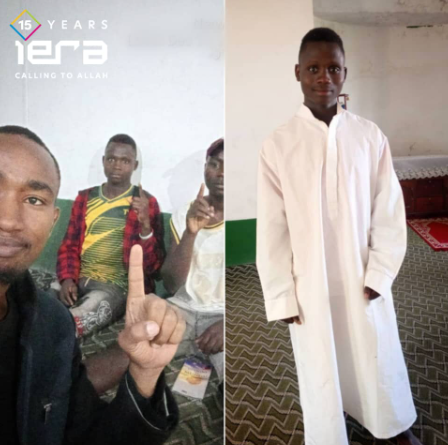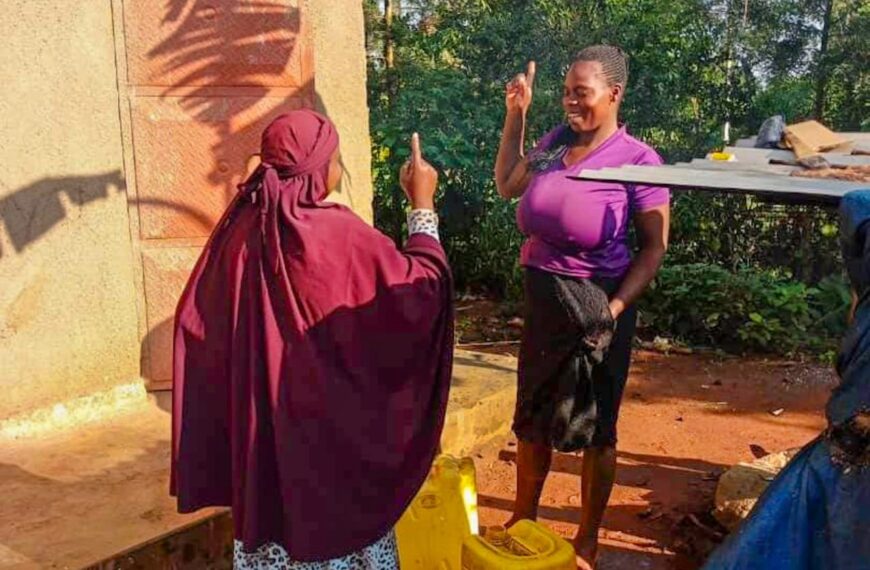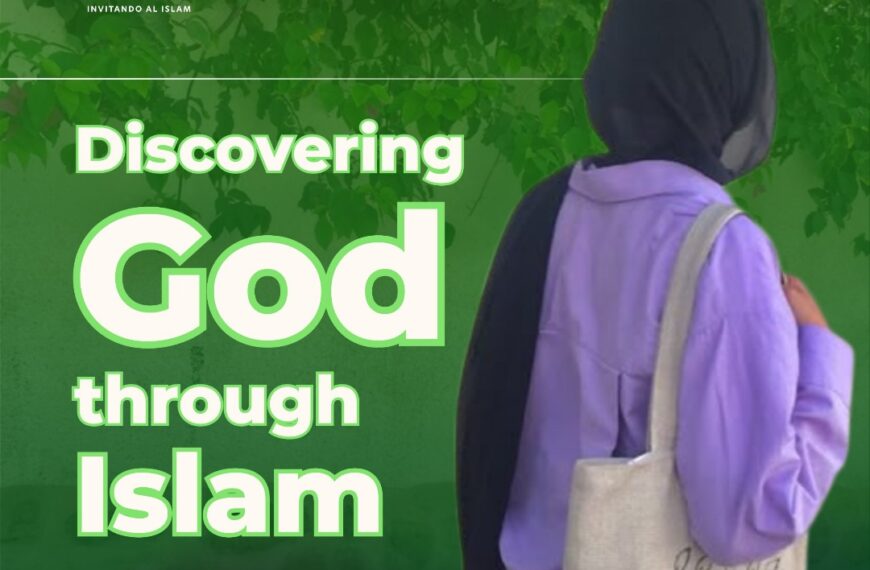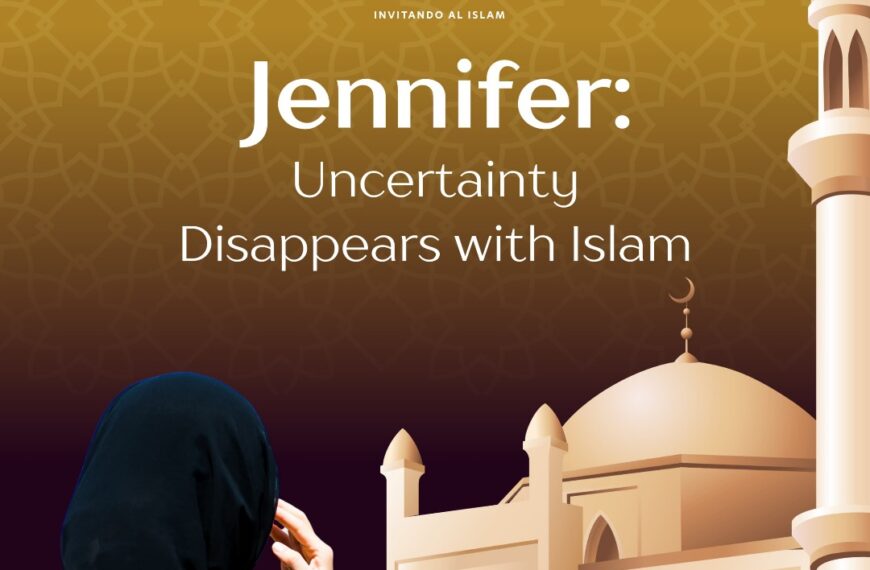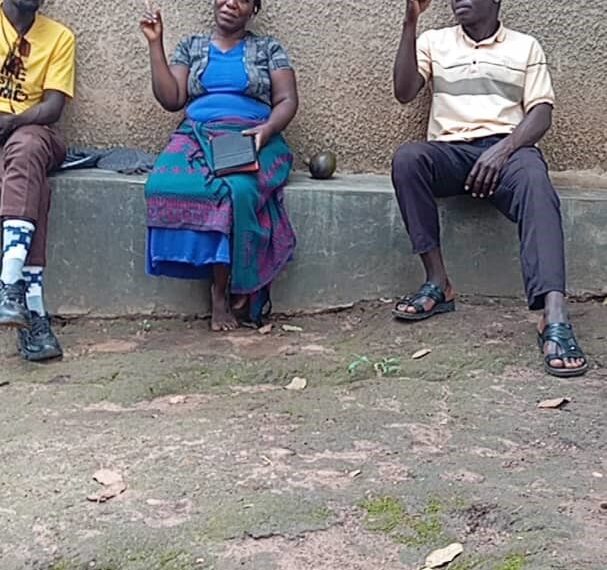Table of Content
- Reminder from Brother Zoeb, Fiji
- Hope in Allah’s Forgiveness
- From Cell Phones to Creation: Challenging Preconceived Notions.
- The Creator is the only uncreated one.
- Navigating Difficult Conversations
- Brother Zakir from Australia Insights
- A bottle of Revelation
- The session concluded with a reminder and a prayer led by Brother Feroz
- Video Recording
In this week’s Thursday Live session, iERA we deep into the profound topic of the Oneness of Allah, unraveling essential insights and best practices from the field of Dawah.
Reminder from Brother Zoeb, Fiji
The meeting commenced with a customary reminder, led by Brother Zoeb, from Fiji who shared valuable insights into the guiding principle of the code of honor: “Never say die.”
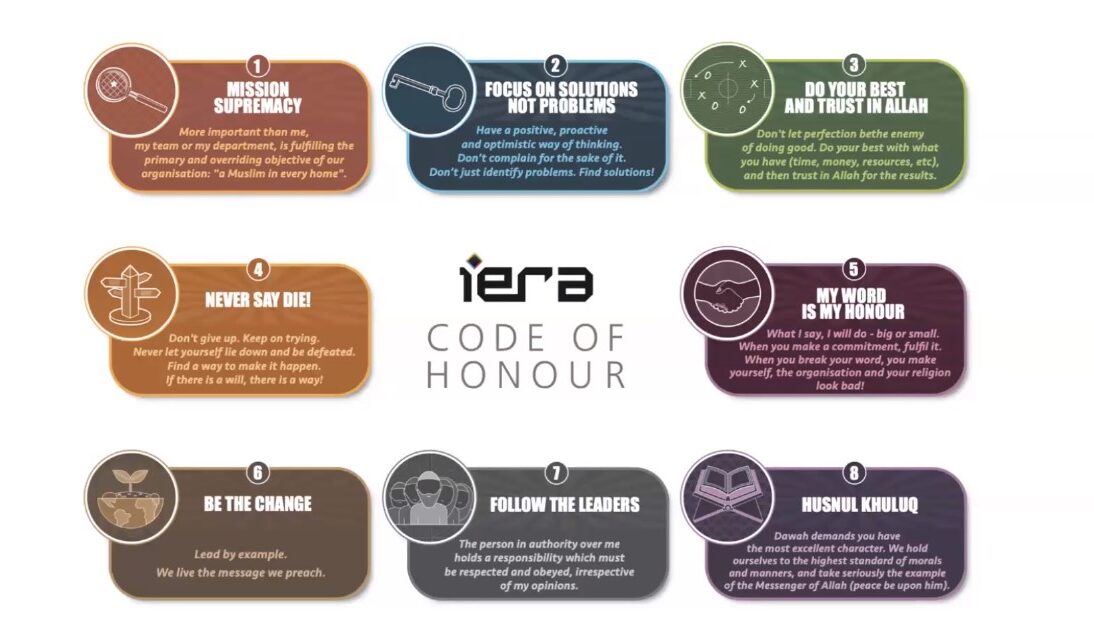
Brother Zoeb from Fiji shared his invaluable experiences navigating the field of Dawah. He emphasized the importance of adaptability and resilience, drawing upon his experiences managing four distinct Dawah teams in Fiji. He shared a case study where proactive planning and exploring alternative paths helped overcome an unexpected obstacle, exemplifying the spirit of “Never say die.” Suhaib’s insights served as a powerful reminder that challenges are not roadblocks, but opportunities to refine our approach and strengthen our resolve.
Brother Adil built upon Zoeb’s foundation, echoing the sentiment that blaming obstacles for failure is counterproductive. He urged everyone to embrace life’s trials as tests, reminding us that each difficulty strengthens our inner core and reveals our true potential. He quoted the Quran, “Indeed, Allah is with the patient,” emphasizing the importance of perseverance and unwavering faith in Allah’s divine plan.
Hope in Allah’s Forgiveness
Brother Adil reinforced the message of perseverance, urging individuals to navigate life’s difficulties with hope in Allah’s forgiveness: “Indeed, Allah forgives all sins.” He emphasized the importance of clinging to this divine assurance, regardless of the magnitude of our mistakes. He likened Allah’s forgiveness to a child learning to ride a bicycle – we fall, we rise, we try again, always supported by His infinite mercy.
Unraveling the Oneness of God: From Analogy to Insight:
The session then shifted to delving into the crucial topic of the Oneness of Allah. Hosted by Brother Adil, the discussion posed a thought-provoking question:
How do we convince non-Muslims that there is only one Creator? Why can’t there be two or three creators?
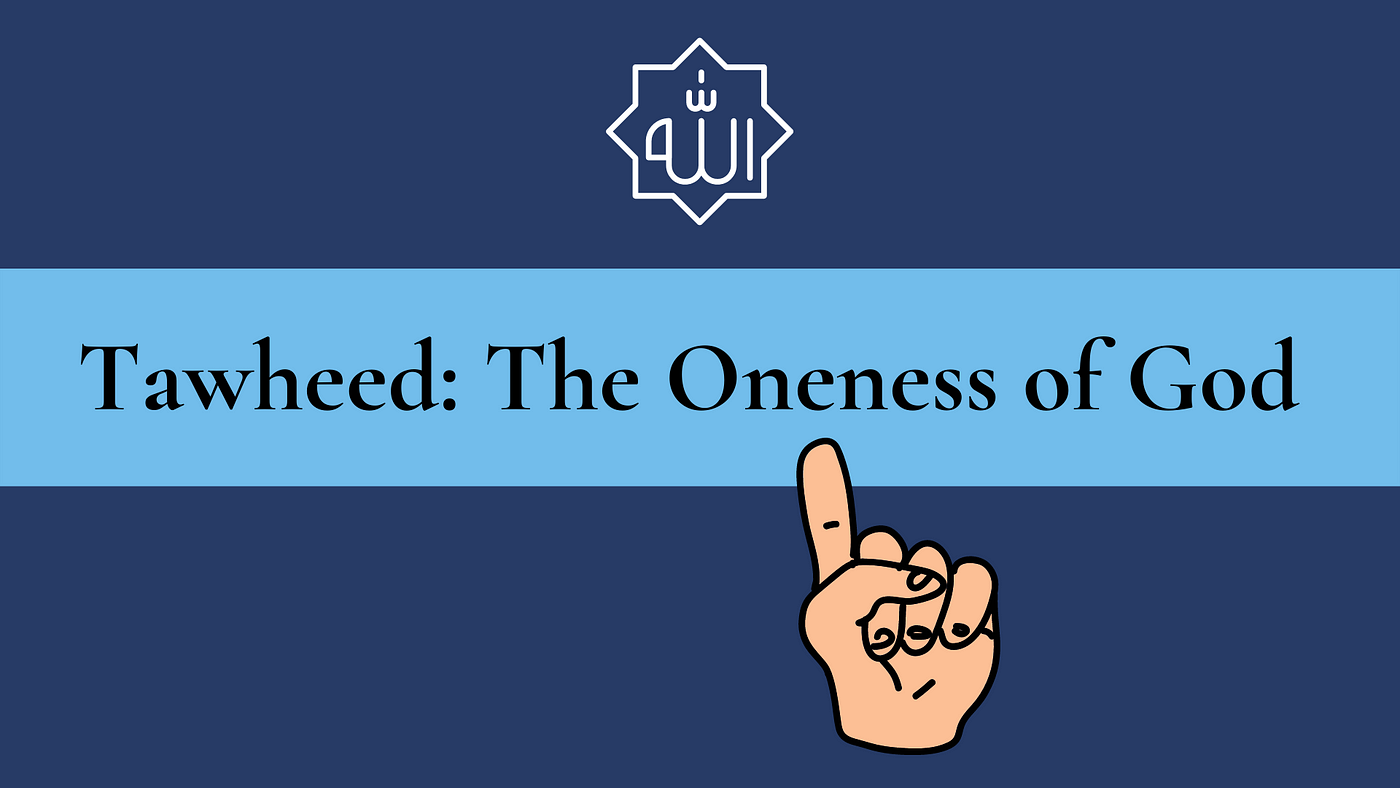
Brother Feisal, drawing from his experience in the Philippines, offered a captivating analogy. He compared the universe to a school, where a single leader ensures harmony and effective administration. He contrasted this with the potential chaos of multiple leaders, illustrating the need for a singular Creator.
He further strengthened his point by comparing the seamless compatibility of human organs He extended to the idea that if there were multiple gods, human anatomy would display variations in design. Applying this analogy to the concept of the oneness of God, Brother Feisal expressed: “If there are many gods, then our structure will be different.”
To further illustrate the concept, Brother Feisal, from Philippines employed a clever analogy involving technology. Comparing the compatibility of different devices, such as iPhones and Samsung, he questioned whether the LCD of an iPhone could be transferred to a Samsung device. The implied answer was no, highlighting the distinct creators behind each device. In contrast, he drew attention to the seamless compatibility of human organs, emphasizing that our ability to donate and receive organs across individuals signifies a unified Creator.
Brother Adil commended Brother Feisal’s insightful analogy, highlighting how simple yet impactful comparisons can bridge complex theological concepts.
“The compatibility between iPhone and Android”.
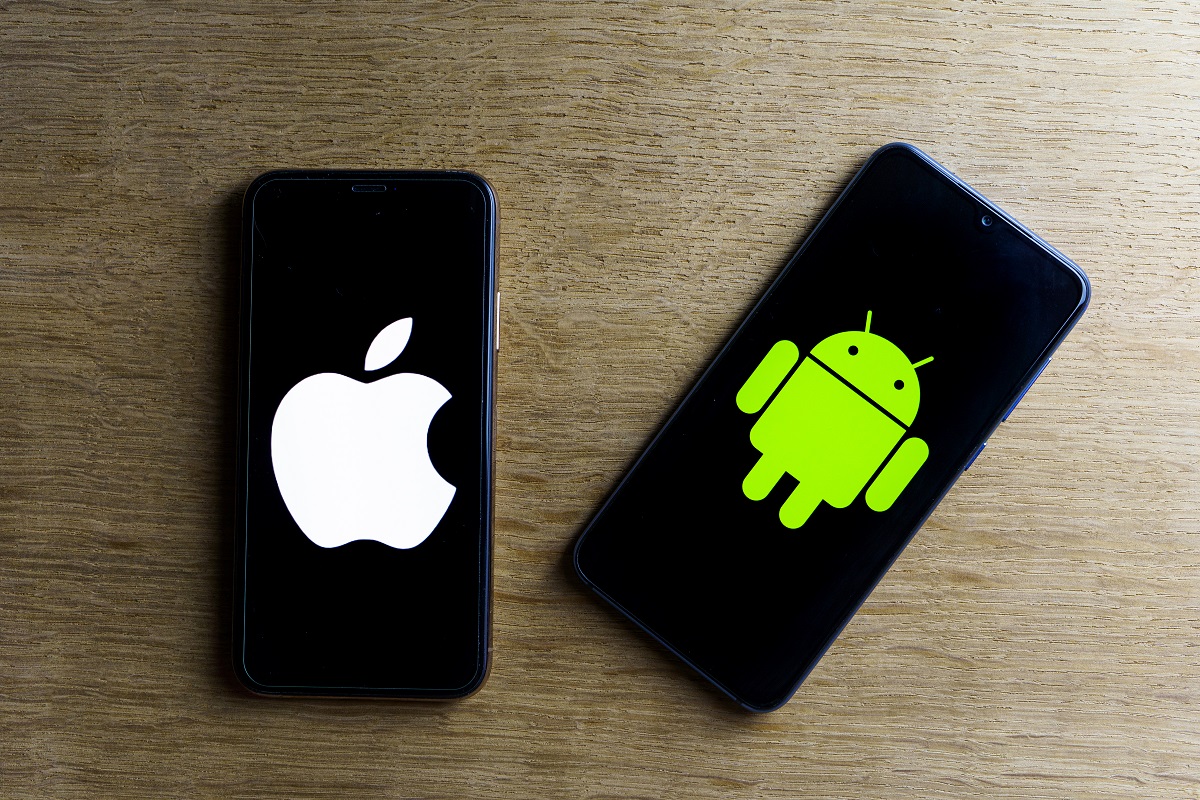
From Cell Phones to Creation: Challenging Preconceived Notions.
Brother Feroz emphasized the importance of not taking for granted that individuals are familiar with the belief that there is only one God as taught in Islam. During his Dawah conversation, when he introduces the concept of God’s oneness, he aims at clarifying that the Creator is distinct from His creation.
To illustrate this point, Brother Feroz employs a compelling analogy involving a cell phone. He revisits the familiar object used in the explanation of God’s existence and asks a fundamental question:
“Can this phone be God?”
When individuals typically respond with a resounding “No,” Brother Feroz seizes the opportunity to delve deeper into the thought of oneness of Allah.
He provocatively questions why people can create objects, worship them, and consider them divine, yet a created object like a cell phone cannot be deemed God. This prompts a moment of contemplation, fostering a deeper understanding of the essence of God’s oneness.
He explains by emphasizing that anything created, born, made, or brought into existence can never be God. The essence of God, lies in being the only uncreated one, distinct from His creation. God, by His very nature, is the only uncreated one, distinct from His creation. This logical approach lays the groundwork for exploring the profound relationship between the Creator and His creation. The uncreated nature of God, distinct from His creation, becomes a central point in understanding monotheism.
Brother Feroz’s approach of using the cell phone analogy, combined with thought-provoking questions, opens the door to a deeper understanding of God’s oneness. By challenging predetermined notions and engaging in a logical thought process, he sets the stage for profound discussions on the Creator’s nature and the essence of monotheism.
The Creator is the only uncreated one.
In the pursuit of convincing non-Muslims about the oneness of the Creator, Brother Adil raises thought-provoking questions.
Why can’t there be two makers or designers working together? Why can’t two people collaborate as a team and collectively create something?
Drawing from his experience, Brother Adil shared his insights. After establishing the foundational understanding of God existence, he focuses on building rapport with his audience. While illustrating his concept of oneness of Allah, he introduces a relatable scenario, such as driving with his wife. “magine me and my wife are driving”. This brings a light-hearted touch to the conversation, creating an environment where individuals are more likely to connect with the message.
“I’m always trying to come up with an example that will make them laugh,” he shared, emphasizing the importance of fostering connection and understanding during Dawah conversations.
The scenario becomes a starting point for a more in-depth discussion. By using everyday scenarios, the idea begins to resonate – the need for a singular decision-maker becomes apparent. This paves the way for the crucial realization that, just like in the scenario, there must be one ultimate Creator orchestrating the grand design of the universe.
This strategic and engaging method not only makes the concept of God’s oneness accessible but also encourages open and thoughtful dialogue.
Navigating Difficult Conversations:
In challenging situations where individuals resist accepting the concept of one God, Brother Zuwaid provides a thoughtful response. He addresses the common stance taken by some Hindus who comfortably acknowledge the existence of multiple gods and avatars.
Brother Zuwaid articulates the Hindu perspective, where gods are believed to have walked the Earth and coexisted. In a probing manner, he raises a crucial question: “Which God created the other, or did they both create themselves? Were they both present from the beginning?” This inquiry is designed to encourage reflection on the hierarchy or origin of these gods within the Hindu belief system.
To unravel the paradox, Brother Zuwaid suggests that if there are multiple gods, then logically, one God must have created the others. This leads to the question of hierarchy and power dynamics among the deities. He provocatively questions, “Must one God have created the other, making one more powerful, perhaps a creator, and the other a demigod?”
In navigating the complexities of conversations with individuals resistant to accepting the oneness of God, Brother Zuwaid guides the conversation toward the understanding that the logical conclusion of these inquiries leads to the necessity of one supreme God. He encourages reflection on the hierarchy of divine entities, emphasizing the principle that one God must have created the others. This approach aims to foster a deeper understanding of monotheism and encourage openness to the concept of a singular, all-powerful Creator.
Brother Zakir from Australia Insights
Zakir, contributed a unique perspective by sharing a Quranic verse highlighting the chaos that would ensue if there were multiple gods. He then extended this analogy to the intricate design of the universe, comparing the competing powers of multiple creators to the discordant dynamics witnessed on Earth. This comparison, amplified by Zakir’s personal experiences in software engineering where diverse programming styles can lead to chaos, reinforced the idea of a unified Creator orchestrating the complex tapestry of the universe.
A bottle of Revelation
In a compelling demonstration of the oneness of Allah, Brother Feroz shares an impactful experience during a Dawah conversation in a city park in Australia. As he engaged with an individual who was drinking water, he employed the analogy of a bottle of water to convey the concept of monotheism.
Brother Feroz initiated the conversation by posing a question: “Can that bottle be God?” The person’s response, asserting that it could be anything one wanted it to be.
As the conversation progressed, the person finished drinking the water and casually discarded the empty bottle into a trash bin, He told him, “You have just kill your God” This statement, immediately resonated with the logic underlying the oneness of Allah – a God who is not created and cannot be destroyed.
The impact of this analogy became evident as the person swiftly grasped the significance of the oneness of Allah. A Life-Altering Moment: He ended-up taking his Shahada.
The bottle of water, initially perceived as a trivial object, became a symbolic vessel for understanding the oneness of Allah, and, in turn, facilitated a life-altering decision.
The session concluded with a reminder and a prayer led by Brother Feroz
In his reminder, Brother Feroz emphasized the importance of employing logic, argumentation, and reasoning in conveying the message of Islam, aligning with the teachings of Sheikh Green. The focus on common sense and logic was highlighted as a powerful approach, encouraging participants not to solely rely on quoting the Quran. This strategic choice in Dawah aims to connect with a broader audience, fostering a deeper understanding through relatable concepts and logical discourse.
The session concluded on a compassionate note with a dua (prayer) led by Brother Feroz. Praying to the people of Palestine and Muslims worldwide facing adversities and relief for those undergoing difficulties.
Click below recording to Listen;

